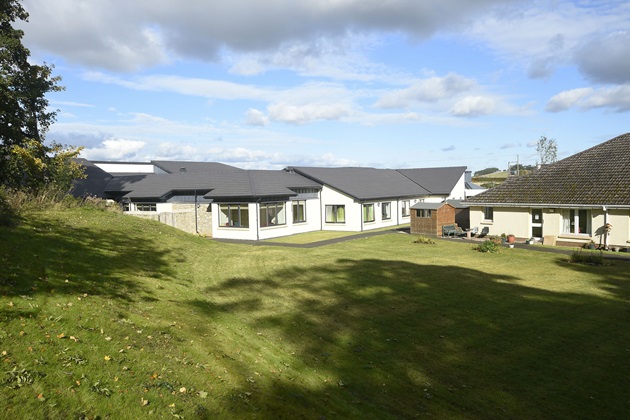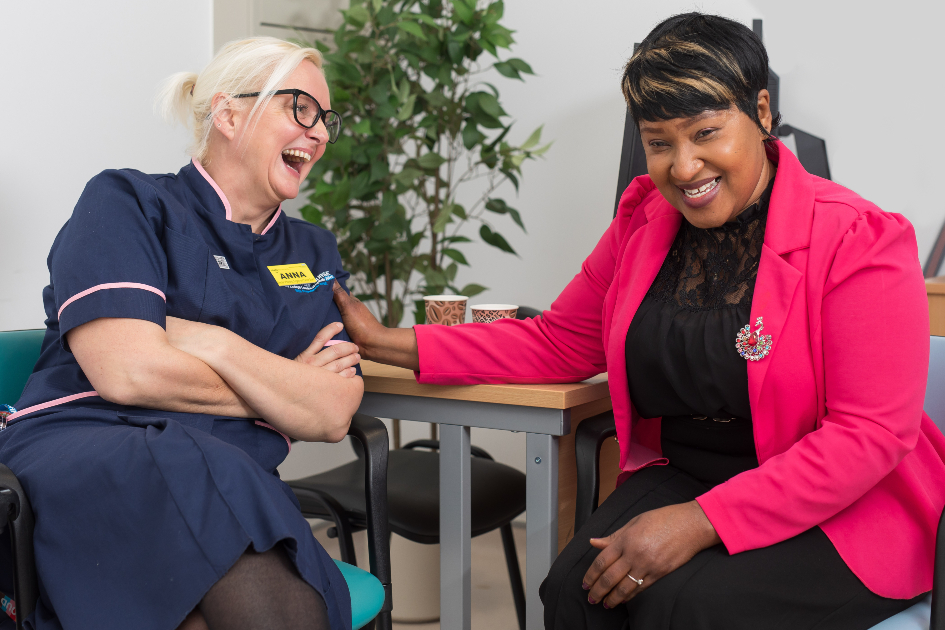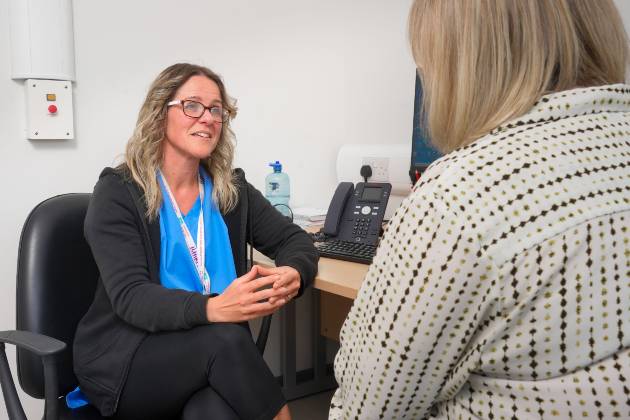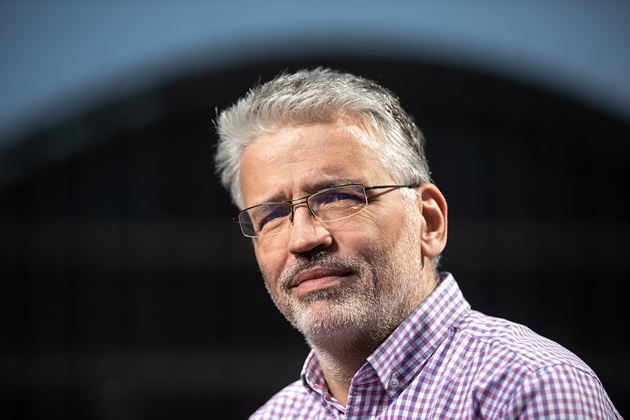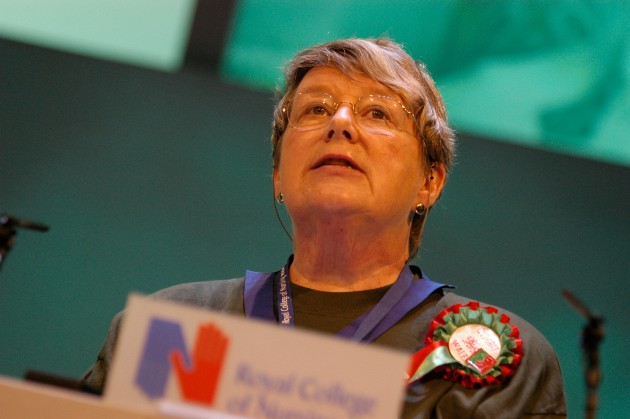While looking after care home residents during the pandemic has been challenging for health care support staff, it’s also increased the public’s appreciation of their key role
For health care support worker, Scott Whillans, seeing local people clapping for carers every Thursday was just the boost he needed.
“Our care home is near houses and when we used to finish at 8pm, we would come out and see everyone standing outside their front doors clapping,” he recalls.
“You really did feel appreciated for the work you were doing. I used to feel it was all about the NHS and the private care sector was forgotten about. We may not be on the frontline in quite the same way as some NHS staff, but this is still a mentally and physically demanding role. Now it feels like we’re definitely being recognised.”
This is still a mentally and physically demanding role
Working in care for the last seven years, Scott joined Murray House when it opened in December 2018. Part of Queen’s House, two nine-bedded houses provide specialist support for 18 Scottish Border residents who are living with dementia.
With a ratio of one member of staff for three residents, the post gives him the opportunity to build caring relationships with those he looks after. “We spend a lot of time with them and you get very close,” says Scott.
Although some activities outside the home were curtailed by the pandemic, including shopping trips, one-to-one pastimes such as looking through old photograph albums could still take place, helping to keep a sense of normality. An enclosed garden also meant residents had access to fresh air and exercise.
“We talk to them about the flowers and the kinds of plants they may once have grown in their own gardens,” says Scott. “I enjoy interacting with the residents and sometimes you have little special moments that you’d never have in any other job.”
Initially he was worried about what their reactions might be to staff wearing personal protective equipment (PPE), especially masks and visors which obscure facial expressions.
“But we all wore badges showing our faces, so they could see what we looked like behind the masks,” says Scott. “They weren’t phased at all, which was a big relief. It went so much better than we’d thought.”
I felt it was a privilege to still be able to go out to work and do my job
Keeping calm has also helped, he believes. “We’ve tried to stay relaxed about everything,” says Scott. “If we get uptight, the residents will pick up on it.”
At the outset, he admits he did have some worries. “But I knew that where I work would be very well prepared, with all the right measures in place,” says Scott. “I felt it was a privilege to still be able to go out to work and do my job, when others were having to live in isolation.”
Daily staff huddles, where team members can share any concerns, have helped keep morale buoyant, with baskets of treats given out by the home each week. “It’s a way of saying thank you for working during these difficult times,” says Scott. “It makes me feel I’m appreciated.”
Supporting families
For his colleague, Vicky Purves, a senior care assistant at Murray House, families have been a major concern.
“As we’re looking after those with dementia, a lot couldn’t have video calls because it would make them more distressed,” she explains. “It meant that some families didn’t get to see their relative for a long time. And when they were finally able to come in, some didn’t recognise them.”
To try to alleviate anxieties, they have been speaking to most relatives every day on the phone.
It’s been an emotional ride for the residents, their families and us
“I try to put myself in their position,” says Vicky. “They can offload to you about their worries and concerns and we try to be as understanding as possible. It’s been an emotional ride for the residents, their families and us.”
She agrees that many care staff feel more appreciated now. “Often when you talk to care assistants they will say ‘I’m just a carer’ – but you’re not. You’re doing an amazing job and you should be just as valued as those who work in the NHS.”
'You need to be cheerful for them'
Since the pandemic, health care assistant Margaret Jackson has added hairdressing to her set of skills.
“Our hairdresser wasn’t allowed in for a while, but the residents were all used to having their hair done every Friday,” she explains.
“As staff, we tried to keep it going, with us putting in rollers and using tongs. It gave them something to look forward to and helped break up the week.”
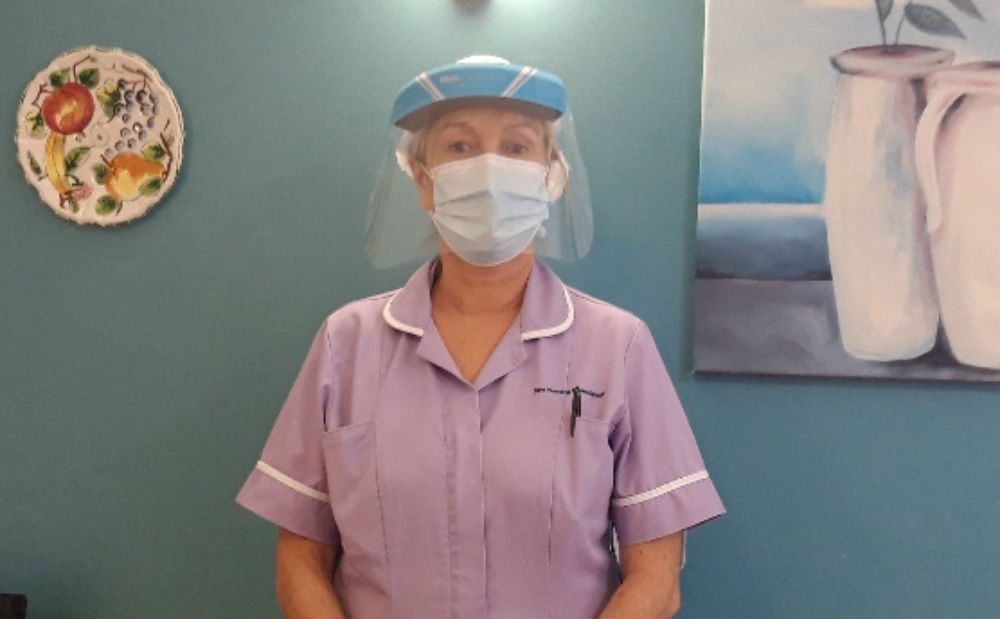
As a care assistant for more than two decades, she joined Carryduff, one of Spa’s six care homes in Northern Ireland, 18 months ago, helping to look after the nursing home’s 21 residents who are all frail older people. Initially she admits she was anxious.
“I automatically thought everyone was going to get it,” says Margaret. “I was worried for the residents and also about the possibility of bringing it home.”
So far, the home has had no cases of COVID-19, but the current upsurge is a cause for concern.
“At the moment, families can only visit once a week, with just one visitor allowed each time and we encourage that to be the same person,” says Margaret. “It must be hard on them all once again.”
At the outset, all the residents were moved to their bedrooms and have stayed there, with just two using the lounge now.
But regular chats with their families using technology have helped retain quality of life, while the staff have worked hard to keep their spirits up.
“We manage to have some light-hearted moments during the day,” says Margaret.
“If it was all doom and gloom it wouldn’t be fair on the residents. Even if you’re not feeling great yourself, you need to be cheerful for them. Everyone seems happy and content.”


